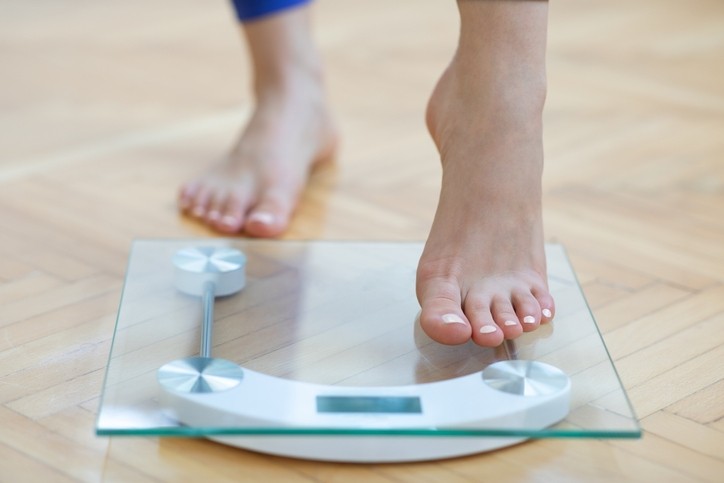NPA testifies against NJ bill to restrict some supplement sales

Kyle Turk, NPA’s vice president of government affairs gave the testimony in Trenton, NJ today in a hearing of the New Jersey Assembly Health Committee. The subject of the hearing was a bill designated as A 3512, which was introduced in March by Rep. Herbert Connoway, (D-7th District). Connoway’s district likes between Philadelphia and Trenton.
The purpose of Connoway’s bill, which is very similar to one vetoed recently by California Gov. Gavin Newsom, is to “any over-the-counter diet pill or dietary supplement for muscle building to a person under 18 years of age.”
How are definitions determined?
Gavin’s veto, which came as something of a surprise, was predicated on the perceived burden that would be placed on the state’s health authorities to determine which supplements fit the definition for those that should not be sold to minors and which fell outside of those boundaries.
The definition of a ‘muscle building’ supplement in Connoway’s bill would exclude protein powders and drinks unless those products contained additional ingredients aimed at building muscle. How that would be determined was not specified in the bill’s language. Would it be based on the scientific consensus of an ingredient’s effects? Or what the supplement brand holder says about the product on its packaging?
Turk said the bill is a slap in the face to supplement users who have been employing the products for decades to support their health without significant issues. Much of the impetus behind this bill and the others like it that have cropped up in California, Rhode Island, Massachusetts and elsewhere, is a perceived linkage between the use of these products and eating disorders. While the bills’ proponents have not stated outright that dietary supplements can cause eating disorders, they have implied that they can make them worse. But, Turk maintained, supporters have no research that supports that assertion.
No data links eating disorders to supplements
“The FDA does not have a single data point that connects eating disorders to supplement use and 80% of Americans take at least one dietary supplement as a safe, effective, and affordable way to maintain good health and augment inadequate diets. Yet, some New Jersey lawmakers do not believe its citizens are capable of making healthy choices for themselves. We are urging New Jersey lawmakers to follow the science and data provided by the FDA and oppose this counterproductive legislation,” he said.
In addition, Turk said New Jersey has already recognized the importance of dietary supplements in supporting residents’ health by exempting them from the state sales tax.
Turk’s testimony included an overview of how dietary supplements are regulated at the federal level. It included a primer on the adverse event reporting system, in which every supplement marketer is required to participate by law.
Does punishment fit the ‘crime?’
Turk’s testimony also made the case that this bill would do nothing to promote the health or safety of the target population—minors—yet still carries a hefty $750 per violation fine. That is three times the amount of the fine for selling alcohol to a minor in the state. NPA also noted that online sales of these same products would continue without restriction, which unfairly burdens brick and mortar retailers.
“The proposal under consideration today would place onerous restrictions, most notably on small businesses such as your local pharmacy, convenience, or health food store, by prohibiting the sale of popular products. Restricting access to them is unfair to those who value health and wellness and hurts responsible retailers. Nobody wins,” Turk’s testimony concluded.








